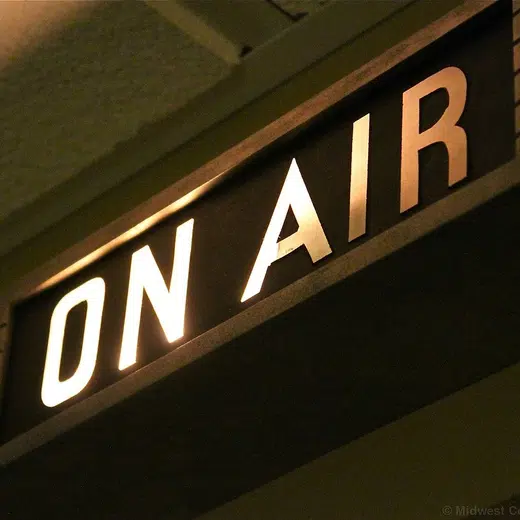IRKUTSK, Russia (Reuters) – With his career on the line, Russian pole vaulter Matvey Volkov left his home in Siberia this week for Belarus, a country he hopes will allow him to compete internationally without any restrictions.
The 16-year-old Russian, like many of his compatriots in track and field, is frustrated with being sidelined from international competition due to a standoff between Russia’s athletics federation and the World Athletics governing body.
“It’s a little sad, but I understand I need to move on,” Volkov said, as he and his father attached his equipment to the roof of their car in preparation for the week-long drive to a new home.
The federation has been suspended since 2015 over doping and missed a July 1 deadline to pay a fine, prompting World Athletics to halt its reinstatement and the clearing of Russian athletes to compete internationally as neutrals.
The Russian athletics federation said it had financial difficulties, but World Athletics said last month it would expel the federation altogether if it fails to pay the multi-million-dollar fine before Aug. 15.
In the Siberian city of Irkutsk, Volkov is far removed from the federation’s bureaucratic woes but thinks that staying in Russia could jeopardize his career prospects.
He is moving to Minsk, the Belarussian capital nearly 6,000 km (4,000 miles) away, and hopes to represent Belarus internationally.
Belarus’ athletics federation has said it is ready to consider requests from Russian athletes to switch allegiance.
Volkov cleared 5.50 metres this year, setting an age record. His father and coach, Olympic pole vaulter Konstantin Volkov, knows what it is like to miss out on international competitions.
A silver medallist at the 1980 Olympics, Konstantin Volkov missed the 1984 Games in Los Angeles after the Soviet Union and most of its Eastern Bloc allies boycotted in retaliation for a US-led boycott of the Moscow Games four years earlier.
Konstantin Volkov said he did not want to see his son sidelined from the global stage or compete without a flag.
“I think it’s discrimination, especially toward young athletes,” Konstantin Volkov said. “I don’t think Matvey should have to compete against his rivals in such a position.”
(Reporting by Reuters TV; Additional reporting by Dmitry Turlyun; Writing by Gabrielle Ttrault-Farber; Editing by Philippa Fletcher)




